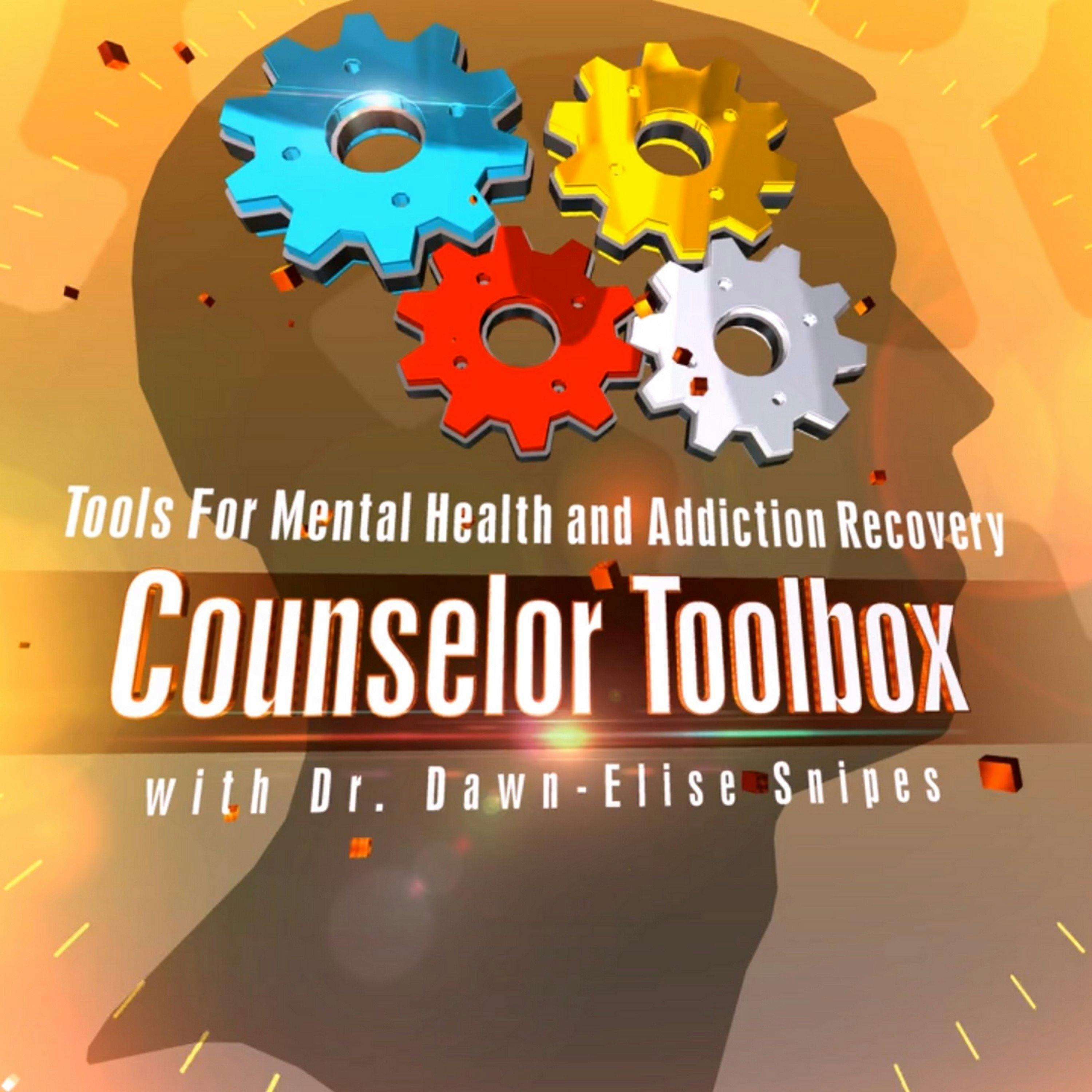Developing Respect to Save Your Marriage _ Pastoral Counseling
Description
Video Title: Managing Depression: Tips and Strategies
Presenter: Dr. Dawn-Elise Snipes
1. Introduction to Depression
Definition and Understanding of Depression:
Depression as a mental health disorder characterized by persistent sadness, loss of interest, and other symptoms that affect daily functioning.
Emphasis on the importance of understanding depression as a complex condition influenced by multiple factors, including biological, psychological, and social elements.
2. Symptoms and Diagnosis
Common Symptoms of Depression:
Persistent sad or empty mood, feelings of hopelessness, irritability.
Loss of interest in activities, changes in appetite or weight, difficulty sleeping.
Fatigue, feelings of worthlessness or guilt, difficulty concentrating, thoughts of death or suicide.
Criteria for Diagnosis:
Overview of how depression is diagnosed based on symptom duration and impact on daily life.
Importance of professional evaluation in diagnosing depression.
3. Causes and Risk Factors
Biological Factors:
Discussion on genetics and brain chemistry as contributing factors to depression.
Psychological Factors:
Role of personality, coping skills, and previous trauma or stress.
Social and Environmental Factors:
Impact of life events, social support, and socioeconomic status.
4. Treatment Options
Psychotherapy:
Cognitive-behavioral therapy (CBT) as an effective treatment.
Other therapeutic approaches including interpersonal therapy (IPT) and dialectical behavior therapy (DBT).
Medications:
Overview of antidepressants, how they work, and their role in treatment.
Lifestyle Changes:
Importance of exercise, nutrition, and sleep in managing symptoms.
Alternative and Complementary Therapies:
Mention of mindfulness, yoga, and other holistic approaches.
5. Self-Management Strategies
Coping Mechanisms:
Techniques such as journaling, mindfulness, and relaxation exercises.
Building a Support System:
Encouragement to reach out to friends, family, or support groups.
Routine and Structure:
Establishing a daily routine to provide stability and predictability.
6. Challenges and Stigma
Addressing Stigma:
Discussion on the stigma surrounding mental health and the importance of seeking help.
Overcoming Barriers to Treatment:
Common obstacles such as fear of judgment, lack of access to care, and strategies to overcome them.
7. Conclusion
Encouragement and Hope:
Reinforcement that depression is treatable, and recovery is possible with the right strategies and support.
Call to Action:
Encouragement to seek professional help if needed and to implement the discussed strategies in daily life.
Chapters:
00:00:00 - Developing Respect
00:06:02 - Valuable qualities and respect inventory
00:11:49 - The Importance of Respect in Relationships
00:18:02 - Communicating Expectations
00:24:11 - Addressing Disrespect in Relationships
00:30:16 - Respecting Personal and Partner's Boundaries
00:36:21 - Respecting Boundaries in Relationships
00:42:12 - Communication and Respecting Boundaries
00:48:11 - Unequally Yoked with Unbelievers?
00:54:05 - Examining Facts and Beliefs in Relationships
Learn more about your ad choices. Visit megaphone.fm/adchoices
More Episodes
Learn more about your ad choices. Visit megaphone.fm/adchoices
Published 11/21/24
Published 11/21/24
Introduction
Presenter: Dr. Dawn-Elise Snipes discusses helping families navigate life transitions using the Flower Empower Model.
The focus is on understanding how various transitions impact both individuals and families, emphasizing the importance of supportive partnerships between...
Published 11/19/24


